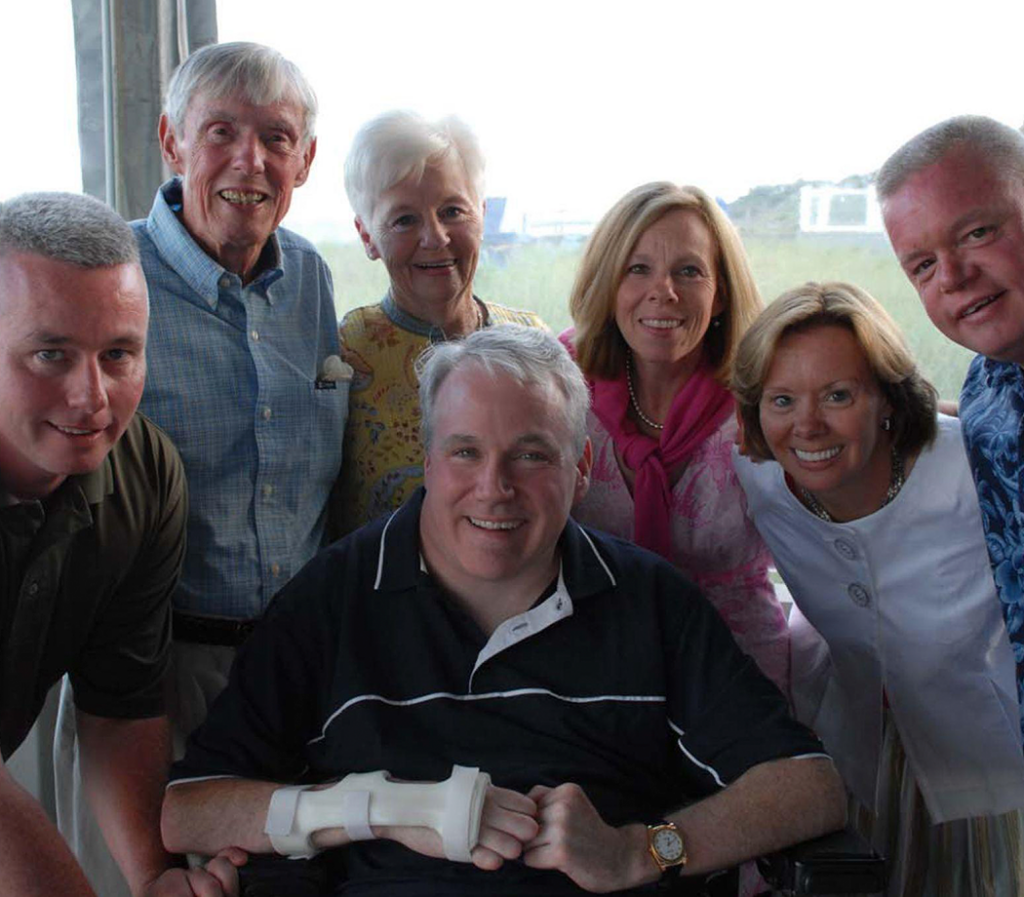Planned giving has a lasting impact. Each of our planned giving donors is as a member of the Reeve Foundation’s Michael A. Hughes Planned Giving Society, an esteemed circle of supporters who have made generous commitments to include the Reeve Foundation in their estate plans. Join our Planned Giving Society – and invest in the future of the Reeve Foundation – by including us in your will or financial and estate planning.
If you do not have an up-to-date plan in place, you can use FreeWill to create your estate plan free of charge. It’s simple to use and takes as little as 20 minutes to make your plan and include a legacy gift to the Reeve Foundation. Create your legacy today.
Notify us of your planned giving contribution
Contact Us with Questions


What is a bequest?
A charitable bequest can take many forms. It might be a sum of money or specific item of property (such as real estate, an automobile, or other physical asset) that you decide to leave to a charity. A contingent charitable bequest, meanwhile, can be made if an alternate beneficiary named in your trust or will was to be deceased.
Do I need to change my will to make a bequest?
You don’t need a will to make a charitable beneficiary designation, and you don’t need to change an existing will. You can simply name the Christopher & Dana Reeve Foundation as a beneficiary of your private and/or employer sponsored life insurance policy or policies. You may also name the Reeve Foundation as a beneficiary of any retirement accounts, or other savings, brokerage, annuity, or retirement accounts.
What is my estate?
Your personal estate is the sum of your assets, including real estate and all other property you own, insurance policies, retirement accounts, stocks, bonds, bank accounts, cash on hand, etc. Regardless of your social status, and whatever your family and financial situation, there are many flexible, affordable ways to plan an estate gift that will have a profound impact on the people and causes closest to your heart for generations to come.
How do I designate the Reeve Foundation as a beneficiary?
Another popular way to make a planned gift is to name the Reeve Foundation a beneficiary of non-probate assets, or assets not covered by a will or trust. These include your IRA, 401(k), life insurance policy, and more. FreeWill can help organize your assets and provide detailed instructions on naming your beneficiaries. Get started today!
Can I only make a planned giving contribution after my death?
No. While you can make a provision in your will, you can arrange for the Reeve Foundation to become a beneficiary of your estate at any time. This is especially useful if you wish to include us in a retirement plan or life insurance policy. Making a donation through your estate assets enables you to make a contribution larger than you may be able to make from your income, and it may also be eligible for tax benefits.
Give us a call: Our team is available Mon-Fri, 9am-5pm ET. You can also leave a message, if you are calling after hours, at 1-800-225-0292.
Email us: Share with us details of your inquiry at [email protected]. We’ll be happy to get back to you with guidance and advice.